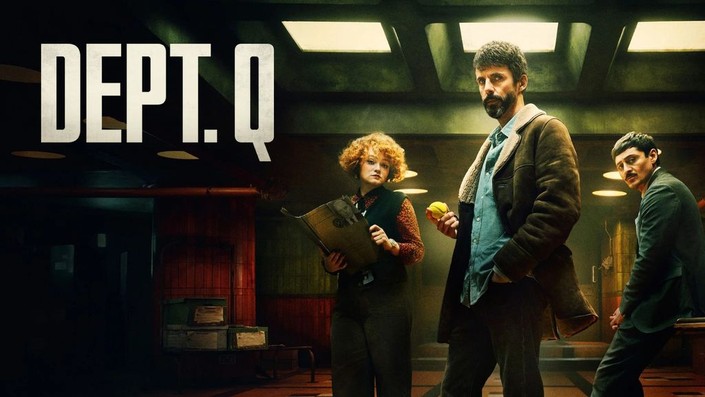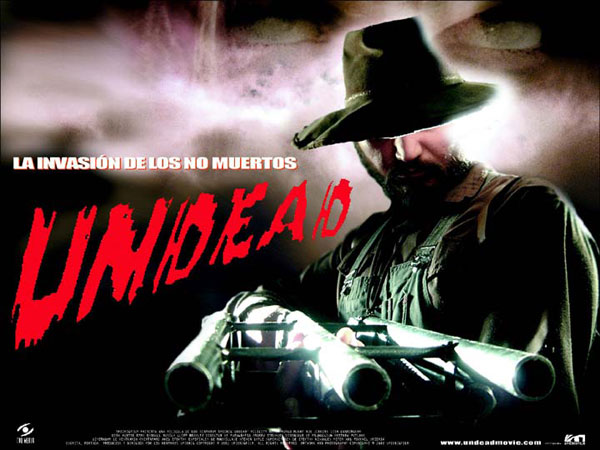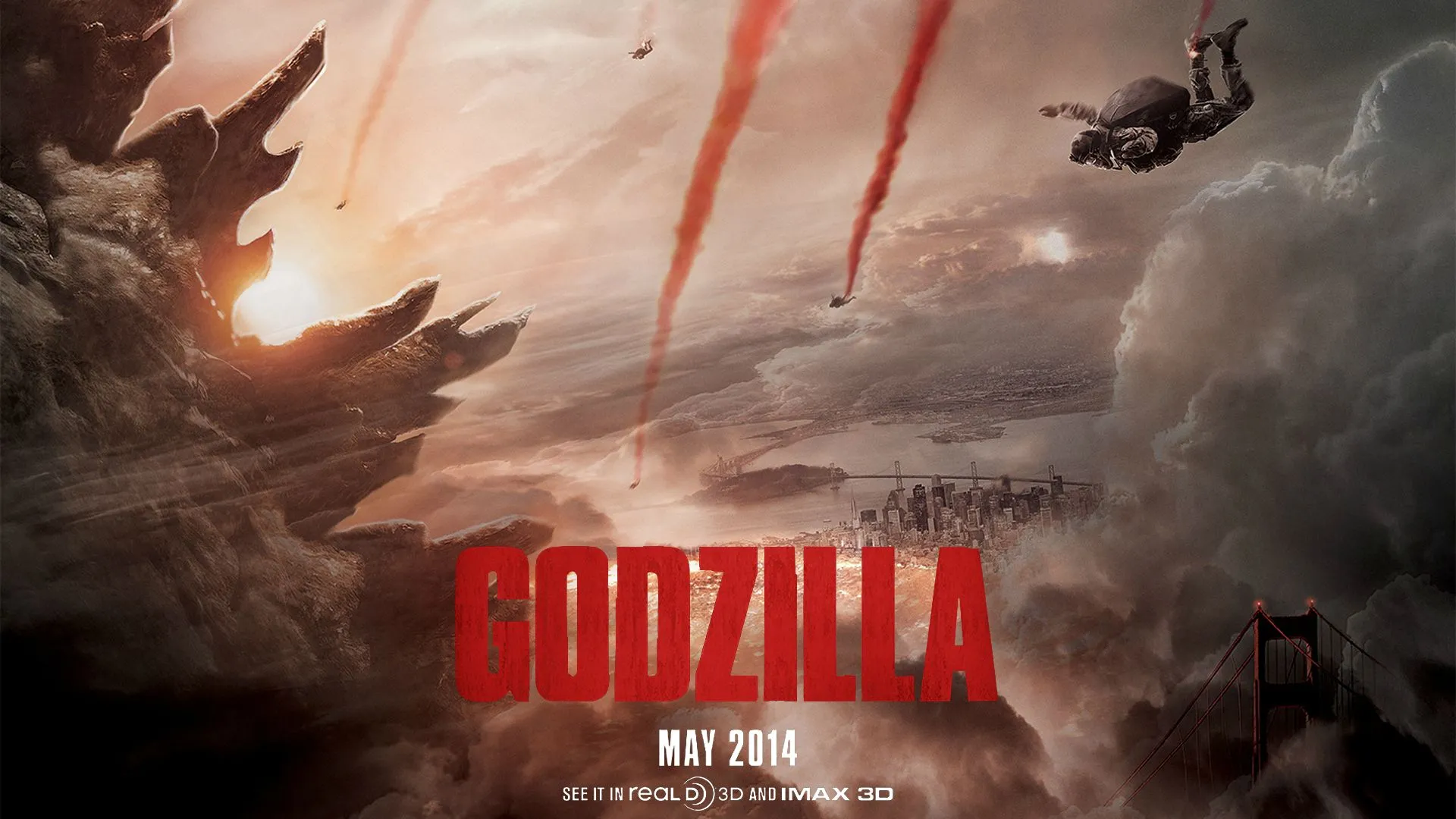2073 (2024): A Stark Warning from the Future
2073, directed by Asif Kapadia, is a hybrid sci-fi docudrama that confronts viewers with an unsettling vision of what the future could become. Drawing inspiration from Chris Marker’s 1962 short La Jetée, the film unfolds in a dystopian New San Francisco in the year 2073, where democracy has been systematically dismantled, and humanity teeters on the brink of collapse due to unchecked technological control, environmental ruin, and authoritarian governance.
At the center of this cinematic warning is Ghost—a mute survivor portrayed by Samantha Morton—who lives off-grid amid the ruins, navigating orange skies, surveillance drones, and militarized police roaming oppressive streets. Ghost narrates her world entirely through voiceover, choosing silence when confronted by others out of fear of punitive retribution, shaped by her personal and family history of enforced disappearances.
Kapadia skillfully interweaves Ghost’s bleak routine with real-world archival footage that traces escalating global crises: climate breakdown, erosion of democratic institutions, and the rise of oligarchic tech elites. Viewers are confronted with decades of disasters, conflicts, and social unrest, contrasted with commentary from journalists and thinkers who dissect the threats to justice and freedom in the present day.

The film premiered out of competition at the 81st Venice International Film Festival in September 2024, followed by screenings at the BFI London Film Festival and Sitges later that year. It was released in UK theaters in December 2024 and became available for streaming on major platforms in early 2025.
Critical reception reflects the ambition—and limitations—of such a daring cinematic approach. Some reviewers praised its timeliness and visual poignancy, calling it a powerful cry of anger against authoritarianism and environmental destruction. Others highlighted its sober intensity, noting that it drives home the idea that the future may arrive faster than expected.
However, the film’s blending of fiction and real footage divided audiences. While some viewers appreciated its unique hybrid format, others felt the narrative lacked clarity and momentum. The tone is unapologetically bleak, offering little hope and presenting a world where the collapse of democracy is not a distant threat but an imminent reality.
Samantha Morton’s performance as Ghost is both restrained and haunting, relying entirely on expression, presence, and narration to convey the depth of her character. The imagery—rust-colored skies, crumbling infrastructure, and constant mechanical surveillance—immerses viewers in a suffocating world where the personal and political are inseparable.

In essence, 2073 is more than just a film—it is a warning. It challenges audiences to reflect on the trajectory of our current world and asks whether we are willing to confront the forces driving us toward collapse. Asif Kapadia’s vision is uncompromising, creating a piece that may not comfort or entertain, but instead seeks to provoke thought, discomfort, and action.


